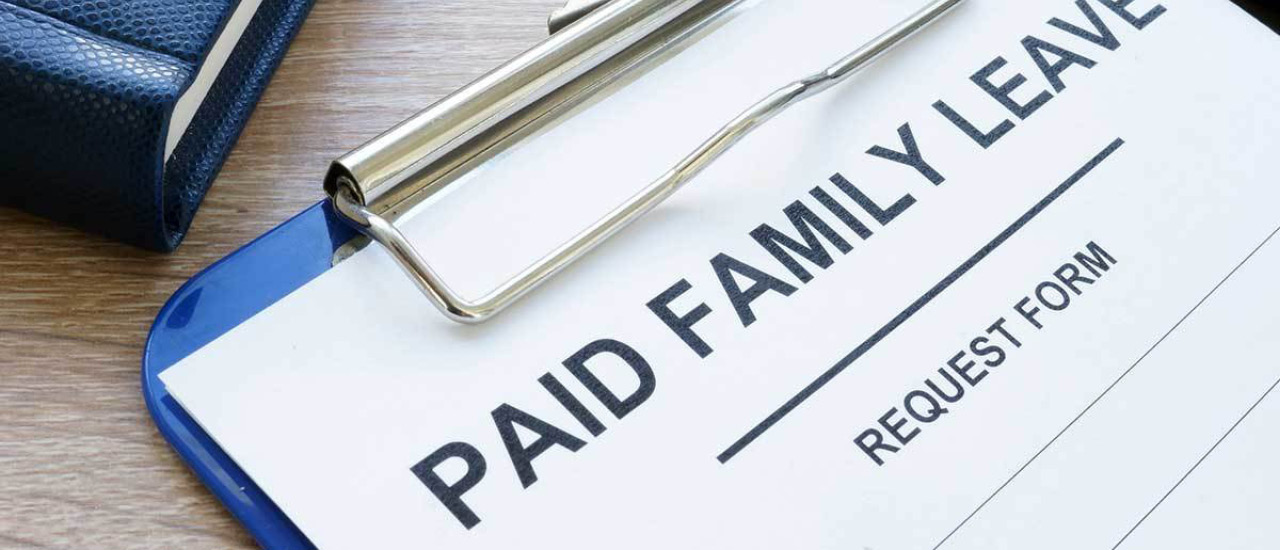Employer Alert: Time to Prepare for New Paid FMLA Program

In 2019, the Connecticut legislature enacted the Paid Family and Medical Leave Act, a statute which created a comprehensive paid family and medical leave insurance program in Connecticut.
Beginning Jan. 1, 2022, Connecticut employers must now provide paid leave for the reasons covered by the new law.
It’s important to note that the act expanded the scope of existing law to now include any employer with one or more employees.
Employees who have been employed for 12 weeks or more are covered by this new program.
The legislation also removed a minimum hours work provision in the original bill and expanded the definition of family member to include not just blood relatives, but anyone living in close proximity to the employee.
Employer Requirements
Why bring attention to this law now?
Employers must begin collecting a 0.5% employee payroll tax starting January 1, 2021. Employers are not required to contribute to the program.
According to the state, “beginning January 1, 2022, the weekly benefit for Connecticut employees will be 95% of 40 times the minimum wage and 60% on earnings above the minimum wage. The maximum weekly benefit cannot exceed 60 times the minimum wage, which is the equivalent of $780 on a $13 minimum wage, $840 on a $14 minimum wage, and $900 on a $15 minimum wage.”
Employees may qualify for paid family and medical leave for five reasons:
- Care for a new child (birth, adoption, foster)
- Care for a family member with a serious health condition
- Care for one’s own serious health condition
- A qualifying exigency arising out of family member is on active duty
- To serve as an organ or bone marrow donor
Administration
The program is being administered by the Connecticut Paid Family and Medical Leave Insurance Authority and employers must be registered with the authority beginning in November 2020.
Starting July 1, 2022, covered employers must notify eligible employees in writing at the time of hire and annually after that, of their rights under the PFMLA.
Employers may apply for an exemption to the program if they plan to provide private plans that offer “all of the same rights, protections, and benefits” to all employees that the program provides.
About the author: Shel Myers is an attorney at the labor and employment law firm Kainen, Escalera & McHale in Hartford.
RELATED
EXPLORE BY CATEGORY
Stay Connected with CBIA News Digests
The latest news and information delivered directly to your inbox.


